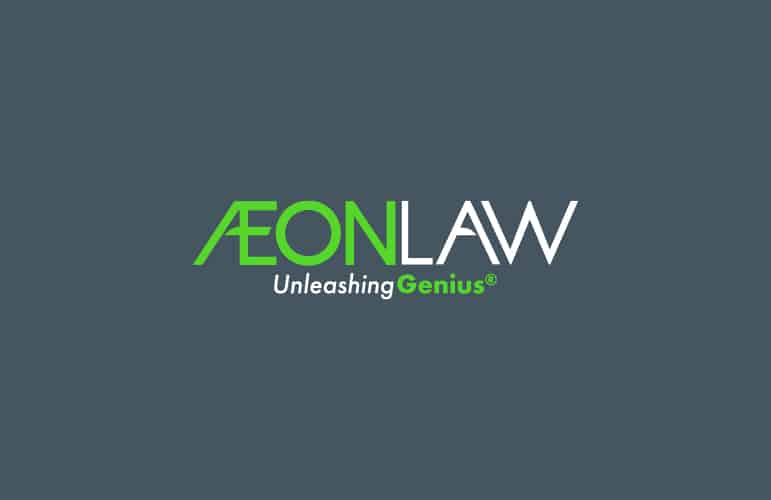Today, President Obama signed the America Invents Act (“AIA”), which represents the first major legislative reform of U.S. patent law in at least 50 years. Obama said the new law will streamline the patent system, allow inventors to attract investment and, ultimately, create jobs and make the United States more competitive.
President Obama made a point to clarify that :
We should be making it easier and faster to turn new ideas into new jobs and new businesses… We can’t afford to drag our feet any longer, not at a time when we should be doing everything we can to create good middle-class jobs to put Americans back to work. We have always succeeded because we have been the most dynamic, innovative economy in the world. That has to be encouraged. That has to be continued.
Obama also pointed out that:
Over the last decade, patent applications have nearly tripled, and because the patent office doesn’t have the resources to deal with all of them, right now there are about 700,000 applications that haven’t even been opened yet. Now, these are jobs and businesses of the future just waiting to be created.
But what does the AIA really mean to us?
10 days from today, all patent fees increase by 15%. However, qualified “small entity” inventors (e.g., small businesses, independent inventors or nonprofit organizations) will still qualify for a 50% reduced fee. Additionally, the America Invents Act also creates a new “micro entity” status that will qualify for a 75% reduced fee.
If you want to have a patent, the U.S. is switching from a first-to-invent system to a first-inventor-to-file system. Under the new system, the first inventor to file a patent application for a given invention will get the patent for the invention and not necessarily the first inventor to actually discover the invention. The new first-inventor-to-file system becomes effective in 18-months (March 16, 2013).
If you are a solo inventor or small startup, the AIA creates a new “micro entity” status that qualify for a 75% reduced fee, immediately. To qualify as a “micro entity”, you have to:
- Be a “small entity”;
- not be a named inventor on 5 previously filed US utility applications;
- your gross income is less than 3 times the median household income for the preceding calendar year as reported by the Census Bureau (currently $50,022); and
- you have not assigned or licensed your invention to a non-micro entity; OR
- Earn the majority of your income from an institution of higher learning or you have assigned or licensed your invention to an institution of higher learning.
If you really want a patent fast, for an extra fee (currently $4,800), the AIA provides prioritized examination to the first 10,000 requests per year. However, if accepted, your accelerated application is limited to 4 independent claims and 30 claims total.
If you already have a patent application, the AIA permits any third party to submit prior art to your application file after publication for consideration by the patent examiner before issuance of a first rejection of one or more of your claims. This new practice starts September 16, 2012.
If you already have a patent, starting September 16, 2012, any third party can challenge your patent during a new post-grant review within the first 9 months after the date your patent is granted or during a inter partes review after the first 9 months. In either case, if the USPTO accepts the challenging petition, then the USPTO must make a decision within one year of the initial request.
Now is the time to talk with your Patent Attorney to modify your existing patent protection strategies and to review your patent portfolio in light of changes introduced by the AIA.


